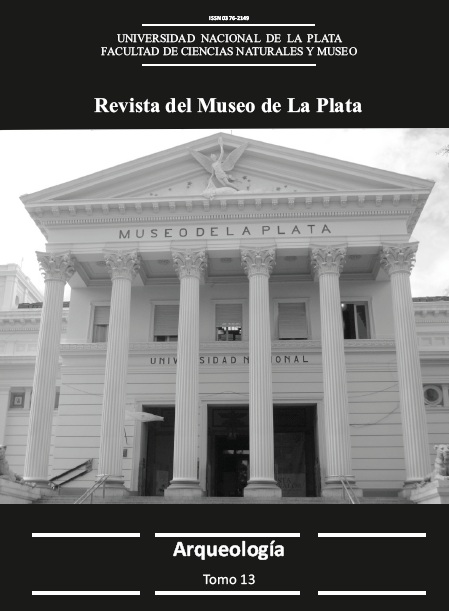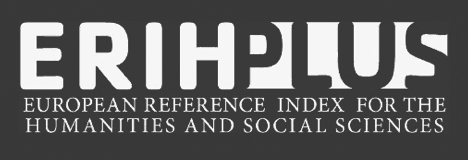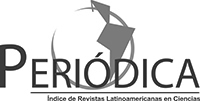Gestión del patrimonio arqueológico en el litoral oeste del departamento de Maldonado (Uruguay). La investigación como práctica integral
Keywords:
Archaeological Heritage, Management, Piriápolis, ICM, Civil OrganizationsAbstract
This paper reflects about the practice of archaeological research in the west coast of Maldonado county. Piriápolis is a region with a great diversity of ecosystems in a continuous coastmountain range and a rich archaeological heritage. An intense process of land transformation for the development of seaside urbanization and tourist enterprises, along with little or no legal protection of local archaeological heritage, threaten the preservation of these resources. Archaeological research is understood as an integral process, committed to the generation of knowledge, education and management. In this context, since 2009 we began to work with local civil society organizations (CSO´s), wich are the stakeholders that promote actions for the recognition and protection of their cultural heritage. Work strategies are explored actively incorporating these actors in the process of knowledge, reflection and proposal, inspired by the methodology of PAR (Participatory Action Research) and Integrated Coastal Management (ICM) based on multi-stakeholder actions. New strategies for archaeological heritage management, framed in a broader context (eg. land planning), the establishment of working groups and multi-stakeholder dialogue (CSO´s, government and academia) are part of a shared learning process. The integration of the stakeholders in the research process, who are part of the territory and the research context, is fundamental for the collective assessment of the archaeological heritage and for its management. This also implies the construction of a knowledge that incorporates local experiences and learning in understanding the past, history and the transformation processes of a highly dynamic area.Downloads
Published
Issue
Section
License
La publicación en la RMLP se realiza bajo los términos de la licencia de uso y distribución Creative Commons BY-NC-SA 4.0 para Argentina (https://creativecommons.org/licenses/by-nc-sa/4.0/) que permite a terceros la distribución, la copia y la exhibición del artículo siempre que citen la autoría del trabajo, la publicación en la RMLP, número concreto y las páginas en la que encontraron la información. No se puede obtener ningún beneficio comercial y no se pueden realizar obras derivadas con fines comerciales que no autorice la editorial. Si se remezcla, transforma o construye sobre el material, deben distribuir sus contribuciones bajo la misma licencia que el original.
La puesta a disposición del artículo en la RMLP supone para los autores argentinos el cumplimiento de lo establecido en la Ley 26899 de Creación de Repositorios Digitales Institucionales de Acceso Abierto, Propios o Compartidos, del 13/11/2013 en su artículo 5º, en lo relativo a la obligatoriedad de facilitar en acceso abierto los resultados de investigaciones financiadas por agencias gubernamentales y de organismos nacionales de ciencia y tecnología del Sistema Nacional de Ciencia, Tecnología e Innovación.










